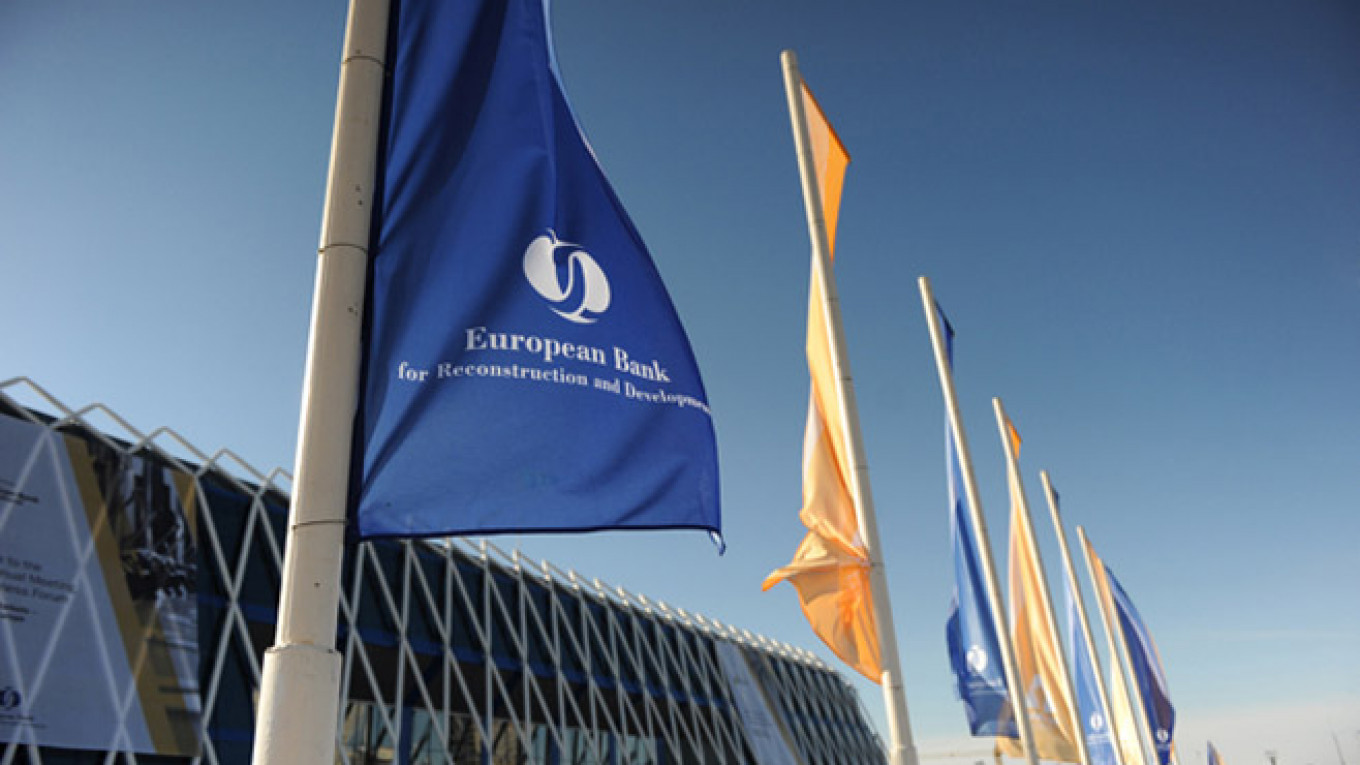The EBRD is extending a €17 million sovereign loan to Georgia that will be on-lent to the Municipal Development Fund of Georgia (MDF) to purchase 175 new buses for six cities – Gori, Kutaisi, Poti, Rustavi, Telavi and Zugdidi – to help rehabilitate outdated municipal transport.
The project is part of the Bank’s broader engagement in Georgia’s public transport sector, with investments tailored to the needs of cities to support reforms and achieve sustainable operations with low-emission technology.
Replacing outdated bus fleets with modern low-floor, low-entry buses is expected to have a considerable environmental and social impact. With the new Euro 5 diesel buses, emissions should be reduced by 34 per cent.
The project will help Georgia to align with EU standards, ensuring environmentally friendly, efficient and safe transport systems and promoting the use of clean, energy-efficient vehicles while also enhancing the qualifications of drivers.
In addition, the EBRD will provide technical cooperation funding aimed at training and promoting women for bus-driver roles. This “gender action plan” will make recommendations for safe, accessible and inclusive transport that integrates the different needs of men and women in urban transport services. Technical training programmes will equip employees with the necessary skills.
“Strengthening Georgia’s transport sector, especially in the regions, is of paramount importance to the EBRD. The project includes capacity-building for the employees of the transport companies; and this will help promote gender equality across the workforce. Most importantly, the project will lead to reduced air pollution. The demand for quality public transport remains very high and I hope we continue to finance such projects in future as they have an excellent environmental and social impact,” said Catarina Bjorlin Hansen, EBRD Regional Director for the Caucasus.
The EBRD is a leading institutional investor in Georgia. Since the start of its operations in the country, the Bank has invested over €3.5 billion in 237 projects in the financial, corporate, infrastructure and energy sectors, with 89 per cent of these investments in the private sector.




